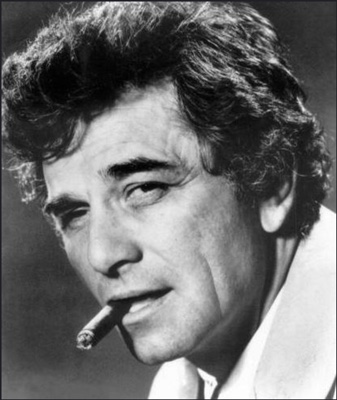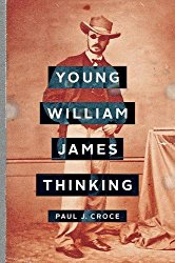What Historians Can Contribute to Current Public Debates

Like Columbo, we get to know the people we investigate, the whole array of characters, from heroes to villains.
The death in July of Rice University’s Thomas Haskell is sad news and a loss to the field of history. His former student James Kloppenberg, offers a fine tribute to his great work by highlighting the twin peaks of historical insight he learned from his teacher, “To Understand and to Judge.” Haskell’s Emergence of Professional Social Science and “Capitalism and the Origins of the Humanitarian Sensibility” shed light on the impacts of modern culture on how we think and how we feel. Those modern changes lead to developments that are not always pretty; humans think and feel with an extraordinary range, and often in disturbing ways. The lessons about understanding and judging are also good reminders that as historians, we don’t have to like what we learn. But learning the worlds of our study is the mission of the historian.
 Kloppenberg
offers good practical advice about the importance of reticence; in an
era of information overload that is also an act of charity. And even
more valuable than saying fewer words is the ability to choose words
carefully. This is particularly significant these days with a public
culture featuring more heat than light on so many issues. Historians
have the gift of careful thought and abundant awareness of contexts.
We can offer these lights to the raging contemporary cultural scene.
Kloppenberg
offers good practical advice about the importance of reticence; in an
era of information overload that is also an act of charity. And even
more valuable than saying fewer words is the ability to choose words
carefully. This is particularly significant these days with a public
culture featuring more heat than light on so many issues. Historians
have the gift of careful thought and abundant awareness of contexts.
We can offer these lights to the raging contemporary cultural scene.
Jim Kloppenberg’s words – and Thomas Haskell’s example – offer good platforms for these public roles. As they show, the good understanding that history can provide is built on both thorough research and seeing the topics of our stories from multiple points of view. That will result in not only reporting on the historical record, but also both “respect[ing] the record,” as Kloppenberg points out, and also understanding the record even more deeply than would be possible with fewer angles of vision.
I first learned these historical lessons in my own historical studies of the psychologist and philosopher William James. He advocates what I call an “unblinking” approach to experience. Selective attention to comfortable slices of the world, to ideas and behaviors where we feel “at home” are so common, but perpetually distorting. He urges keeping open to different “sentiments of rationality,” and he quickly adds that listening to diverse points of view does not mean abandoning one’s own. It might even enrich them, and it will surely help in dealing with those strange “others” who disagree.
Openness to what the historical record has to teach is the first art of the historian. Addressing it with both diligence and humility is the best way to maintain “truthfulness to it,” as Kloppenberg says of Haskell. James’s unblinking approach can continue to illuminate for our time, to coach toward our goals of fidelity to the historical record.
I offer an example of this unblinking approach to the recent historical record in this essay on “What We Can Learn From Fake News.” Historians can enrich public discourse not just by critiquing fake news stories, but also by attempting to learn how they appeal. Historians can become like the Columbos of our public life. In Peter Falk’s memorable role as the private investigator Lieutenant Frank Columbo, he would solve crimes by getting to know the suspects. In the same way, historians let us get to know the producers and consumers of fake new, and the whole array of characters, from heroes to villains, in our cultural dramas. That understanding of how we think and feel can help all citizens be better judges of the worlds around them.